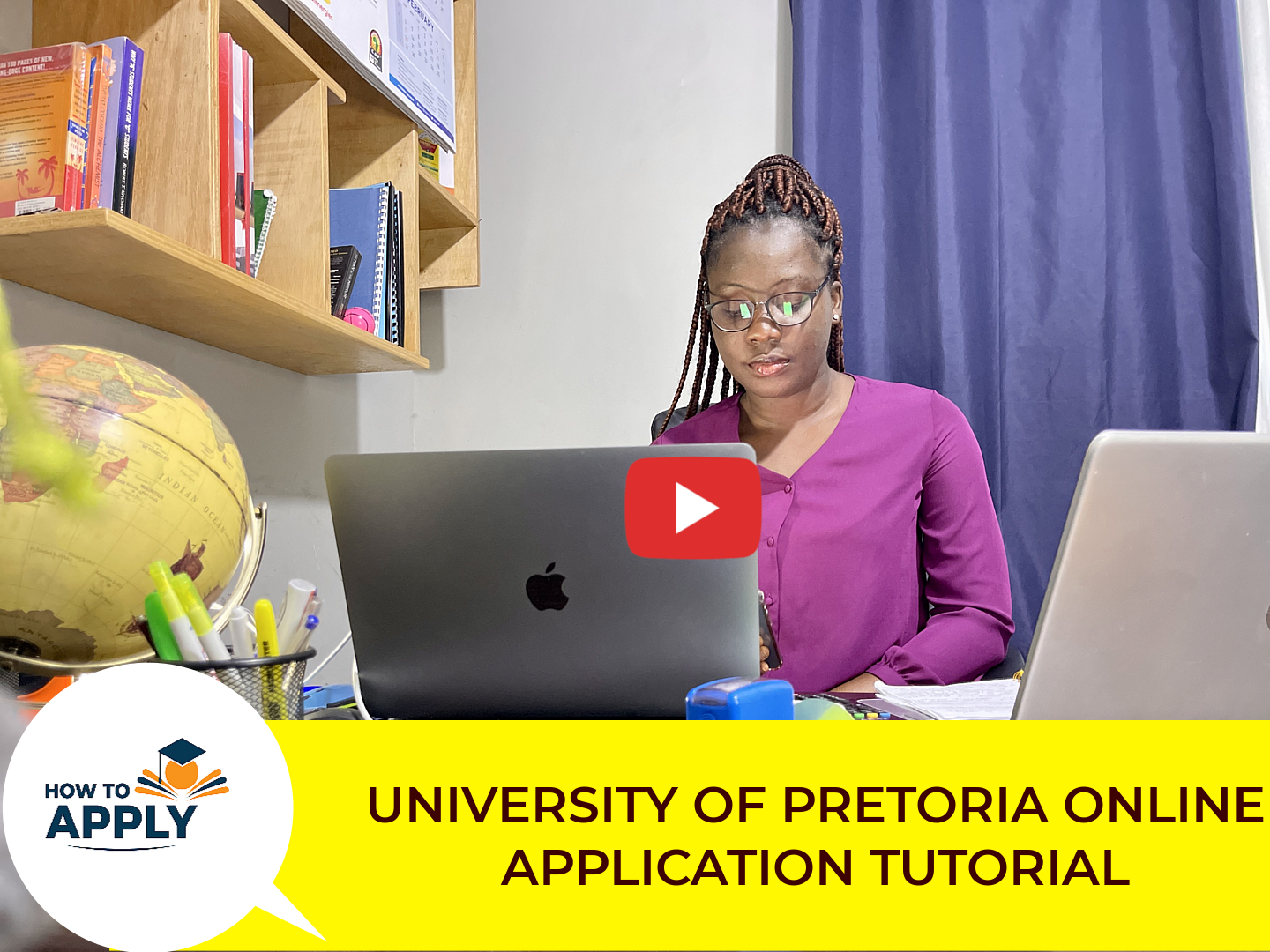Kenya National Examination Council KNEC Core Functions
KNEC Core Functions – see details below:
- Develop examination policies, procedures and regulations
- Develop national examinations
- Register candidates for the KNEC examinations
- Conduct examinations and process the results
- Award certificates and diplomas to successful candidates
- Conduct research on educational assessment
- Carry out equation of certificates and diplomas issued by other credible examining boards
- Conduct examinations on behalf of foreign examination boards
- Advise the Government on matters pertaining to examinations and certification.
READ ALSO:
About Our Portals
We have different portals each examination has its own portal mostly for registration purposes. All examination centres are expected to log onto a platform for specific examination and enter the candidates’ details using the school/centre registration password.
The specific registration period for each examination shall be communicated separately through a circular. The dates must be adhered to since there will be no late registration of candidates.
CLICK HERE TO VIEW ALL THE LINKS TO OUR EXAMINATION PORTALS INCUDING KCPE & KCSE REGISTRATION, AND OTHERS
What is Grade 3 MLP?
Monitoring Learners Progress (MLP) is the process of collecting and documenting evidence on knowledge, skills, values and attitudes acquired by a learner over a period of time as learning goes on. Grade 3 MLP is therefore process of finding out the progress learners have made in their quest to acquire the expected competencies after three (3) years of primary education, for purposes of decision making and instituting interventions.
How long will it take for schools to know learners scores in Grade 3 MLP?
Teachers are required to score the assessment using the marking guides provided and give immediate feedback to the individual learners at the school level.
Grade 3 MLP is expensive to parents and schools, who bears the cost?
MLP should be administered in the most natural environment just like the way teachers conduct classroom assessments. In undertaking the Integrated Learning Areas assessment, learners are expected to use locally available and affordable materials. Schools are also encouraged to use digital devices such as computers, laptops, projectors, and tablets to administer MLP assessment in a more interesting manner for the learners as well as reducing on costs of printing question papers.
Query Management Information System (QMIS)
The Query Management Information System (QMIS) is an electronic platform for online submission and processing of queries relating to examination results such as Certification of Examination Results for candidates who have lost their certificates, Confirmation of Examination Results and Equation of Foreign Qualifications.
Other queries handled by the system include:-
- Bio data amendments (name, photo, gender, year of birth, birth certificate number, citizenship, entry code.
- Direct Recoveries for KCPE/KCSE result slips, certificates and result printout.
- Results (marks) queries i.e. absenteeism, missing marks and payment queries.
Below is a detailed schedule of the QMIS process:-
A client needs a computer/mobile phone with internet access.
- Use the web address https://qmis.knec.ac.ke to access the QMIS system;
- If new, the user is then prompted to register, a registered user however logs in using their credentials;
- The Client then accesses the User Manual. The User can at this point identify the requirements relevant to his query and upload scanned copies of the requisite documents;
- They then make a payment of the amount as prompted by the system. Payments are by M-pesa;
- Upon successful processing of the query, KNEC, using the Client’s provided email or phone number, notifies them to collect their processed document(s). A client is at the point of collection required to avail original copies of the documents they had attached during the application process.
NB: The Client username and password are confidential. Do not disclose these to a third party. You MUST key in a valid email address and/or mobile phone number to receive feedback.
Registration of Candidates
Registration of candidates for the KNEC examinations is based on the Regulations and Syllabuses for specific examination which give the guidelines and procedures required for the registration of candidates.
After all the information for the candidates has been keyed online, heads of institutions/schools MUST re-check the online report thoroughly to ensure that it is accurate. The head institution must then download the list of candidates, sign and stamp on the space provided and indicate all other details required in the nominal roll after verification.
The Ministry of Education will remit examination fees for all KCPE and KCSE candidates for both private and public schools. However the following candidates will be required to pay examination fees:-
-
- KCPE and KCSE private candidates
- Candidate in prisons
- Teacher Education candidates
- Business and Technical examinations candidates
The Registration of the mentioned KNEC examinations is done online.
Registration Of Candidates with Special Needs
The Kenya National Examinations Council has categorized the candidates with special needs as follows:-
-
-
- Visually impaired – low vision and blind candidates
- Hearing impaired candidates
- Physically challenged candidates
- Mentally Challenged candidates
-
Information on the above candidates giving details of index number, subjects and degree of impairment must be captured during registration.Depending on the degree of impairment, the Council will facilitate the candidates appropriately upon receipt of supporting evidence from competent medical authority.
For Candidate Registration visit click the button below:
All Examination fees must be paid through any of the following banks:-
- Co-operative Bank.
- National Bank of Kenya.
- Equity Bank.
- Kenya Commercial Bank.
A candidate is considered duly registered after fulfilling the following:
- Candidate’s details are successfully uploaded onto the registration platform for the specific examination.
- The subjects are duly selected as per subject cluster as stipulated in the regulations governing the specific examination.
- Payment of fees where applicable (examination fees is not refundable or transferable to another candidate nor to another year)
- Submission of all the candidates’ registration materials to KNEC
Registration of examination centres
Any new institution wishing to register candidates for KNEC examinations must fulfill the following:-
-
- Submit a valid registration certificate from the Ministry of Education; in case of school (KCPE & KCSE) and Teacher Education examinations.
- Business and Technical examination centres should submit a report from Technical, Vocational Education and Training Authority (TVETA).
- Complete and submit an application form for registration of a new examination centre which is available on KNEC website
- Submit a questionnaire duly filled by the Sub-County Director of Education or the Kenya National Examinations Council after inspection of the centre. This must be accompanied by a report giving recommendations on the status of the institution;
(The application must reach KNEC a year before registration of the candidates). - When an examination centre relocates to a new premise it is required to apply to KNEC for re-inspection
The Council reserves the right to combine examination centres for purposes of ease of administration of examinations and for security reasons.
Brief Summary OF Registration Of Examination Centres
The minimum candidature that an examination centre is allowed to present for the various examinations is:-
-
- KCPE and KCSE – fifteen (15) candidates.
- Business, Technical and Teacher Education – ten (10) candidates.
- Foreign Examinations – fifteen (15) candidates.
Examination centres presenting fewer candidates than the required minimum are not recognized as examination centres and should be hosted by other examination centres.
Prisons and institutions presenting candidates with special needs are exempted from the above rule.
All examination centres are expected to log onto the KNEC Registration portal for specific examination and enter the candidates’ details using the school/centre registration password.
RELEASE OF EXAM RESULTS
Release of Results Slips
The KCSE candidates are expected to access their result slips immediately after release of the examination results in their respective schools.
Release Of Certificates
All certificates for regular candidates are issued through the Heads of Schools/Institutions and to private candidates through the Sub County Directors of Education
Our Teacher Examinations
The Teacher Education Examinations are professional examinations administered to persons wishing to join the teaching profession at various levels. These examinations are listed below: –
- Primary Teacher Education (PTE)
- Diploma in Teacher Education (DTE)
- Teacher Certificate in Adult Education (TCAE)
- Diploma in Special Needs Education Part I and II
- Early Childhood Development Education
- Proficiency
- Certificate and
- Diploma Examination (ECDE)
ECDE Examinations
Early Childhood Development and Education (ECDE) examinations are courses taken by students who wish to specialize in Early Childhood Education.
The teachers who pursue the course are awarded with either Diploma or Certificate in ECDE after two years of study.
Click here to read more about the KNEC ECDE Registration Guidelines 2023-2024.
Our Business & Technical Examinations
The Business and Technical Examinations are categorized under Post School examinations. These are professional examinations offered to candidates who have completed primary and/or secondary school education. The examinations are offered twice a year during the months of July and November. All courses are offered in both series.
Categories of examinations in Business Technical examinations.
- i) Single and Group – this is an examination where candidates can sit for single papers and obtain a certificate. After completion of the course, the certificates are combined into three levels of elementary, intermediate and advanced. With the advanced certificate, candidates can proceed to Higher Diploma or Degree level of education.
- ii) Artisan– these level places emphasis on acquisition/mastery of practical skills. Candidates are awarded after passing practical examinations. The levels are:
- Certificate courses
- Diploma courses
- Higher Diploma courses
Those who successfully complete any of the above courses can proceed to the next stage or join the job market. Holders of Diploma certificates can proceed to pursue Degree courses.
More information on Business and Technical examinations can be found in the Regulations for the TVET craft and diploma Business/Technical Examinations.
Technical Vocational Education & Training (TVET) Courses
The following levels of Technical Education Examinations are offered by the KNEC:-
i) Artisan Certificate Examinations.
ii) Craft Certificate Examinations.
iii) Diploma Certificate Examinations.
iv) Higher Diploma Certificate Examinations.
Candidates can sit these examinations under the Modular and Non- Modular curriculum. In modular curriculum, the Craft certificate examinations has two modules; I and module II, Diploma level has three modules; module I, module II and module III and Higher Diploma level has two modules; module I and module II.
Candidates must take all the examinations papers of the module at one sitting except for the referred candidates.
Kenya Certificate Of Secondary Education
The Kenya Certificate of Secondary Education (KCSE) examination is an examination that is offered after four year cycle in secondary education. The examination is normally offered in November/December each year. It is open to all bona fide residents of Kenya who meet the examination requirements as stipulated by KNEC.
Holders of KCSE certificate may proceed to tertiary institutions to pursue degree, diploma, craft, and certificate and artisan courses.

